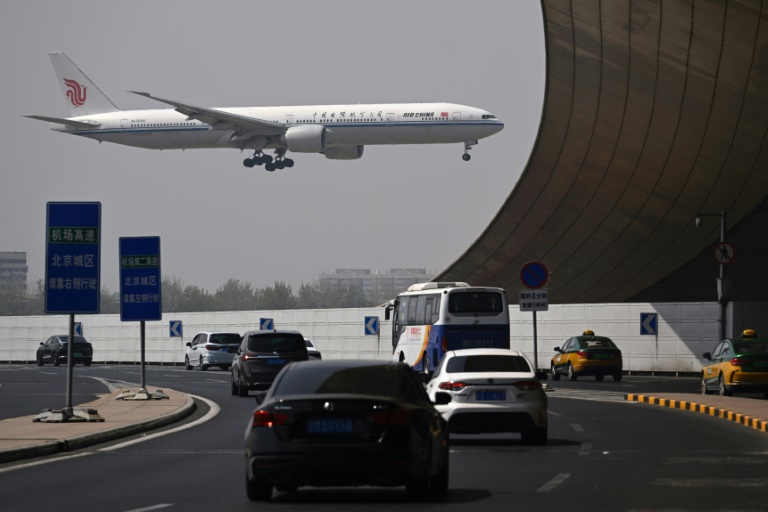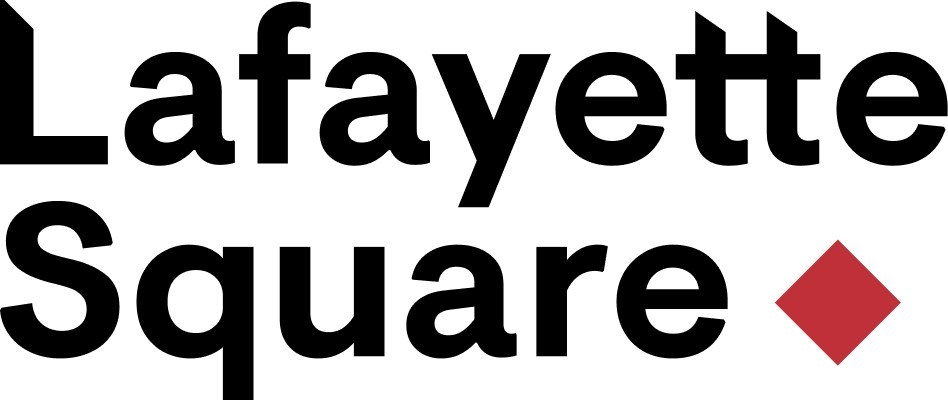The international Bitcoin mining scenario is currently undergoing substantial changes as a result of newly arising trade policy changes in the United States. New tariffs have been laid by President Donald Trump's administration on imports of mining equipment. These tariffs raise doubts of what position the United States would hold in the hierarchy of global Bitcoin mining.
This will definitely lead to a redistribution of the mining activities within the world. Mining Equipment Tariffs in the US. In early April 2025, the Trump administration announced tariffs targeting various imported items, including Bitcoin mining hardware.

The 34% additional tariff atop an already-existing 20% tax for Chinese mining imports is the most remarkable. Similar tariffs are now being imposed on other mining equipment from countries like Indonesia, Malaysia, and Thailand, which are the home countries of most mining hardware manufacturers' production lines. These tariffs have upped the stakes in terms of costs incurred when importing mining equipment into the U.
S; estimates indicate costs have risen between 22% and 36%. In view of this, miners in the U.S.
are subject to increased operational costs, which could lower their competitiveness in the global market. Impact on U.S.
Bitcoin Mining The U.S. has been a significant player in Bitcoin mining, with about 38% of the total global hash rate .
However, these increased costs due to the new tariffs will be a disincentive to developing mining alongside other infrastructures in the country. They propose that such tariffs might decelerate the growing pace of U.S.
Bitcoin mining and, just possibly, shift the centers of hash-rate dominance to other countries . As a result of the higher operational expenses, investment in new mining infrastructure would be discouraged, which leads to a further decline in that country's share of the global mining activities. Global Redistribution of Mining.
As the U.S. is challenged with the higher tariffs, other countries will have an opportunity to strengthen their Bitcoin mining activities further.
Countries with cheaper power costs and more lucrative regulatory to economic circuits for maintaining profitability will appeal to miners. For example, Kazakhstan and Russia have steadily been increasing their proportions of the global Bitcoin mining market, with Kazakhstan luring miners to its shores through its relatively low electricity costs coupled with a benevolent government policy. China's footprint in Bitcoin mining continues, with a bulk share, via Chinese mining pools, operating a considerable portion of the network.
Geographical Redistribution of Mining Activities It could help a more geographically diverse Bitcoin network, reducing the concentration of mining power in any single country. Responses from U.S.
Miners in the Short Term In response to the threatened tariff imposition, U.S. miners have adopted measures to alleviate these effects.
Some companies have expedited the importation of mining equipment, even using chartered flights to bring in hardware before the full effect of tariffs fully sets in. While these actions might provide temporary relief, they are not long-term solutions. To remain active in the industry, they will have to make strategic adjustments, such as shifting operations to countries with lower costs or creating domestic capacity to manufacture certain items.
Wider Consequences for the Bitcoin Network However, it also entails worries of regulatory differences and the environmental impact due to mining in regions that have less stringent environmental standards. This much higher investment and possible relocation of mining might affect the price and market dynamics of Bitcoin. Investors and other stakeholders have to closely follow this more to have an insight into the long-term implications it will have on the crypto-ecosystem.
Tariffs on Bitcoin mining equipment imposed by the Trump Administration have hit considerable blows to the U.S.-based miners.
This is likely to result in decreased U.S. dominance in the Bitcoin mining industry and further disbursement of mining activities to locations outside the United States.
As the future of mining unfolds globally, stakeholders will have to adapt to new challenges to stay competitive and ensure the Bitcoin network remains robust and progressive..















